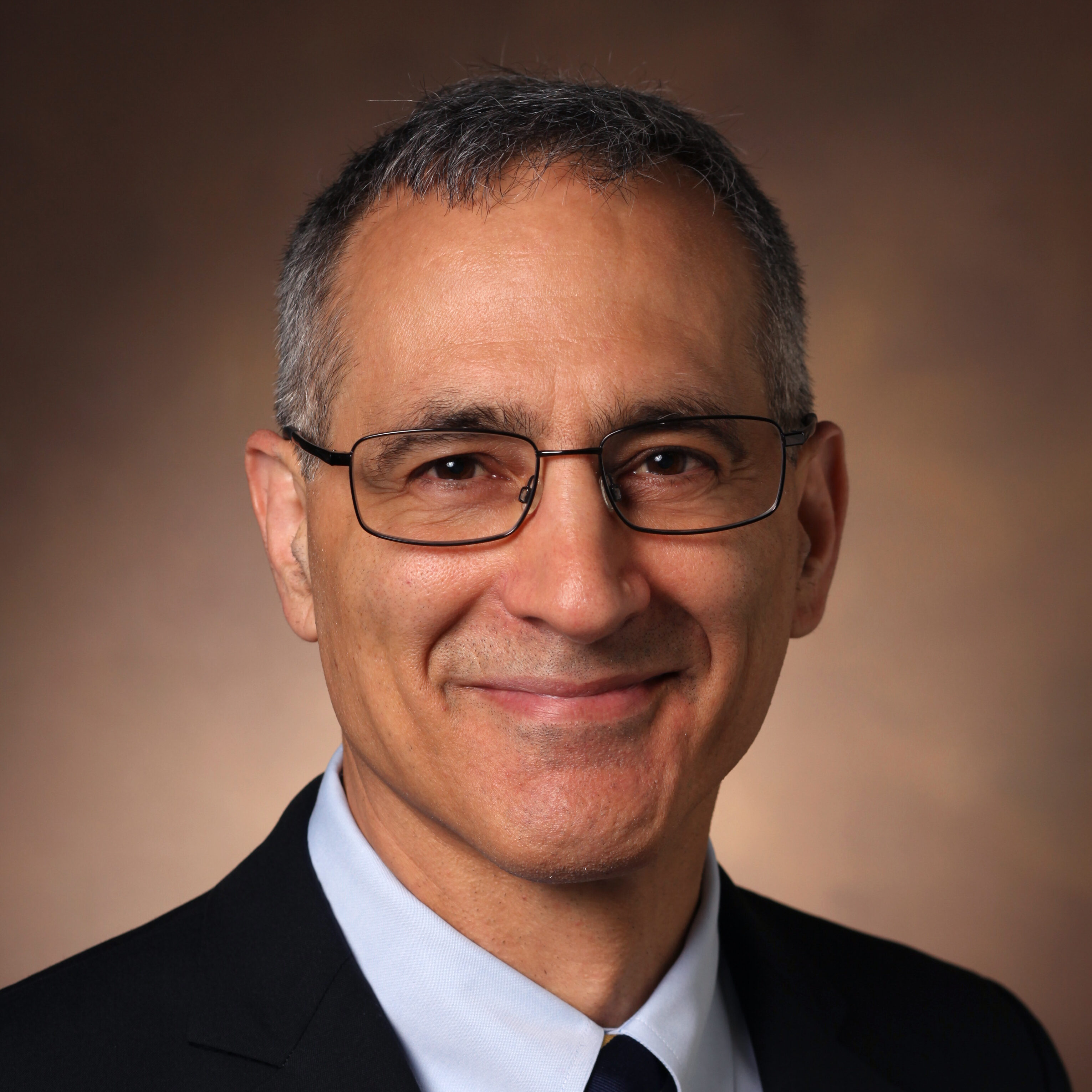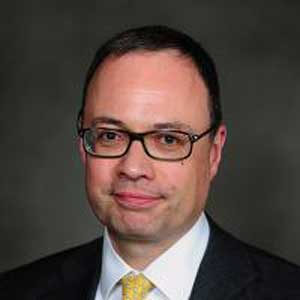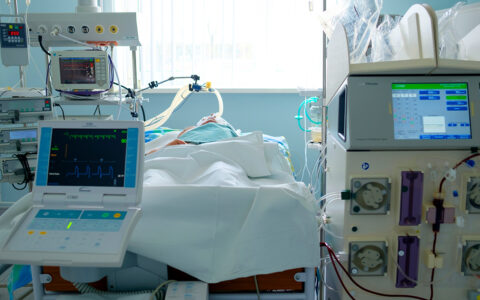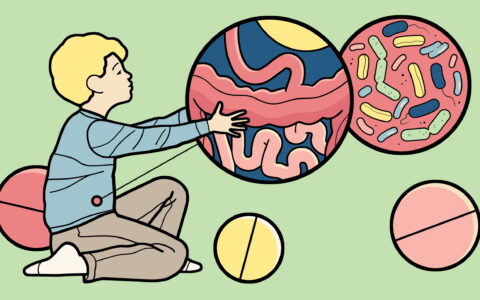While there are natural intersections among pulmonary medicine, allergy and thoracic surgery, it can be challenging to coordinate patient care and provide a clear pathway to transplant and other advanced therapies. To address this gap, in November 2020, Vanderbilt University Medical Center opened the Vanderbilt Lung Institute, a unique collaboration designed to deliver streamlined and comprehensive care for patients with all types of respiratory diseases.
The institute is led by chief surgical officer Matthew Bacchetta, MD, chair of thoracic surgery, and chief medical officer Joao de Andrade, MD, a professor of pulmonary and critical care medicine.
“Vanderbilt is geographically and intellectually well-located to provide superb care for patients with lung diseases, and we have built a world-class system to meet those needs,” Bacchetta said. “Our team of first-rate clinicians and researchers work together to create the future of advanced therapies for our patients.”
“We’re increasing access throughout our system for patients with complex and advanced lung disease.”
“What makes the Vanderbilt Lung Institute unique is the governance of it – a collaborative integration of resources and talent from pulmonary medicine, allergy and thoracic surgery, with strong collaborators in rheumatology, infectious disease, oncology, and cardiology,” de Andrade added. “We’re increasing access throughout our system for patients with complex and advanced lung disease.”
Streamlining Pulmonary Care
The Vanderbilt Lung Institute is headquartered in a 10,000-square-foot clinic space at Vanderbilt Health One Hundred Oaks. Patients are also seen at a clinic on Vanderbilt’s main Nashville campus and at four Vanderbilt Asthma, Sinus and Allergy Program locations. By combining three programs under one umbrella, the institute provides more seamless care navigation.
“Beyond opportunities for service line growth, we have a strong sense of responsibility to our patient population and our community,” de Andrade said. Vanderbilt sits in the middle of the I-65 corridor, which has the nation’s highest prevalence of chronic lung diseases such as COPD, lung cancer and interstitial lung disease.
The institute includes a variety of specialty clinics with the goal of integrating and expanding both clinical care and patient-centered research. Areas of focus include interstitial lung disease, pulmonary hypertension, COPD and lung cancer. The ILD program holds a weekly care conference that includes pulmonologists, thoracic radiologists, lung pathologists and rheumatologists across all training levels. “This is the standard for how ILD should diagnosed and treated,” de Andrade noted. “We are the only center within a 200-mile radius that has such a robust interdisciplinary approach to patient care.”
The institute incorporates a sophisticated interventional pulmonology program, where patients have access to the most advanced diagnostics, including surgical and bronchoscopic lung volume reduction procedures. In collaboration with the Vanderbilt Heart and Vascular Institute, pulmonary thromboendarterectomy is offered for patients with chronic thromboembolic pulmonary hypertension. An advanced respiratory care unit established at the medical center serves pre- and post-transplant patients and others with advanced lung disease.
Leading Transplant Expertise
The institute’s team has proven expertise in rehabilitating and successfully transplanting lungs that would not be accepted at most transplant centers using ex vivo lung perfusion, organs donated after cardiac death and hepatitis C-infected donors. Bacchetta also noted that the internationally recognized extracorporeal membrane oxygenation (ECMO) team provides leading edge care to keep severely ill patients alive until they can receive a transplant.
The lung transplant team led by Konrad Hoetzenecker, MD, PhD, also performs the most complex multi-organ transplants, including heart-lung, lung-liver, coronary artery bypass and lung transplant, as well as minimally invasive lung transplantation. These approaches continue to expand patient access to transplant and have made VUMC one of the leading lung transplant centers in the world.
De Andrade says the institute has focused on growing other programs that address advanced lung disease and better supporting community physicians. He and Bacchetta are in dialogue with practices across Tennessee and beyond, with the goal of understanding needs and creating seamless avenues for communication and collaboration.
Supporting Translational Research
The Vanderbilt Lung Institute has established a research core to support the growth of its already substantial clinical and translational research portfolios, de Andrade said. The research core has dedicated coordinators, regulatory experts and financial personnel.
“At a place like Vanderbilt, with its history of innovation and research, any patient who walks through the door should be offered the opportunity to participate in research – whether it be through a registry or participating in clinical trials of emerging therapies.”





